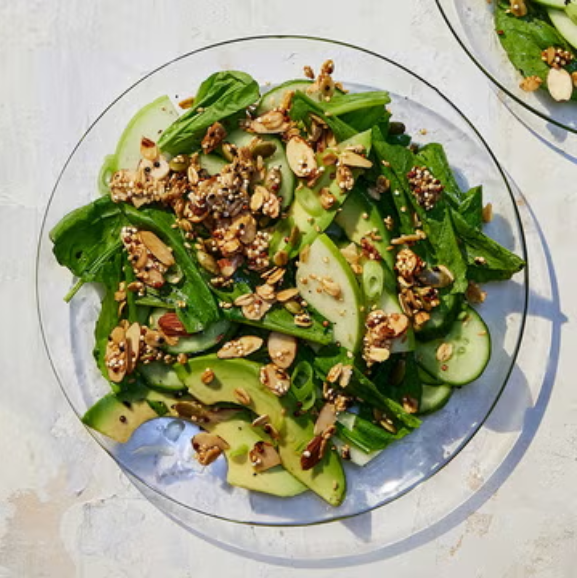Tired of feeling heavy and sluggish from processed foods? Are you ready to start a healthier lifestyle and possibly lose a few pounds as a result? The Whole30 diet could be exactly what you need. Imagine a journey of 30 days where you fuel your body by eating whole, nutritious foods and avoiding processed snacks. Whole30 promises to deliver on that promise.
What is Whole30 exactly? It’s a diet that helps you identify foods which may be negatively affecting your health. You can reset your eating patterns by removing certain food categories like sugar, grains and dairy for 30 consecutive days. After 30 days, you slowly reintroduce food to see how it affects your health.
Whole30 has many benefits. Jordan Hill, RD CSSD from Top Nutrition Coaching says that “Limiting heavily-processed foods, as Whole30 promotes, is good overall health.” You will load up on fresh, unprocessed foods which can boost your energy. If weight loss is a goal, you may also lose a few extra pounds by reducing the calories in processed foods and sugars.
What can you eat if you follow Whole30? Think of all unprocessed foods, such as fruits, vegetables and seafood. Also, think of natural fats like nuts, seeds and herbs. You’ll concentrate on lean protein, fruits and vegetables, while avoiding added sugars and grains, legumes and dairy.
There are risks, of course. Some people report low energy, irritability and headaches in the first few days. If you have a history with disordered eating you should be cautious when starting this diet. Many people find that the benefits of this diet outweigh any temporary discomfort.
To get the most out of Whole30, combine with healthy habits such as good sleep, stress-management, and regular exercise. Hill says, “This can lead positive health changes and sustained weight loss over time.”
Are you ready to accept the 30-day challenge now? Your body and taste buds might thank you.


